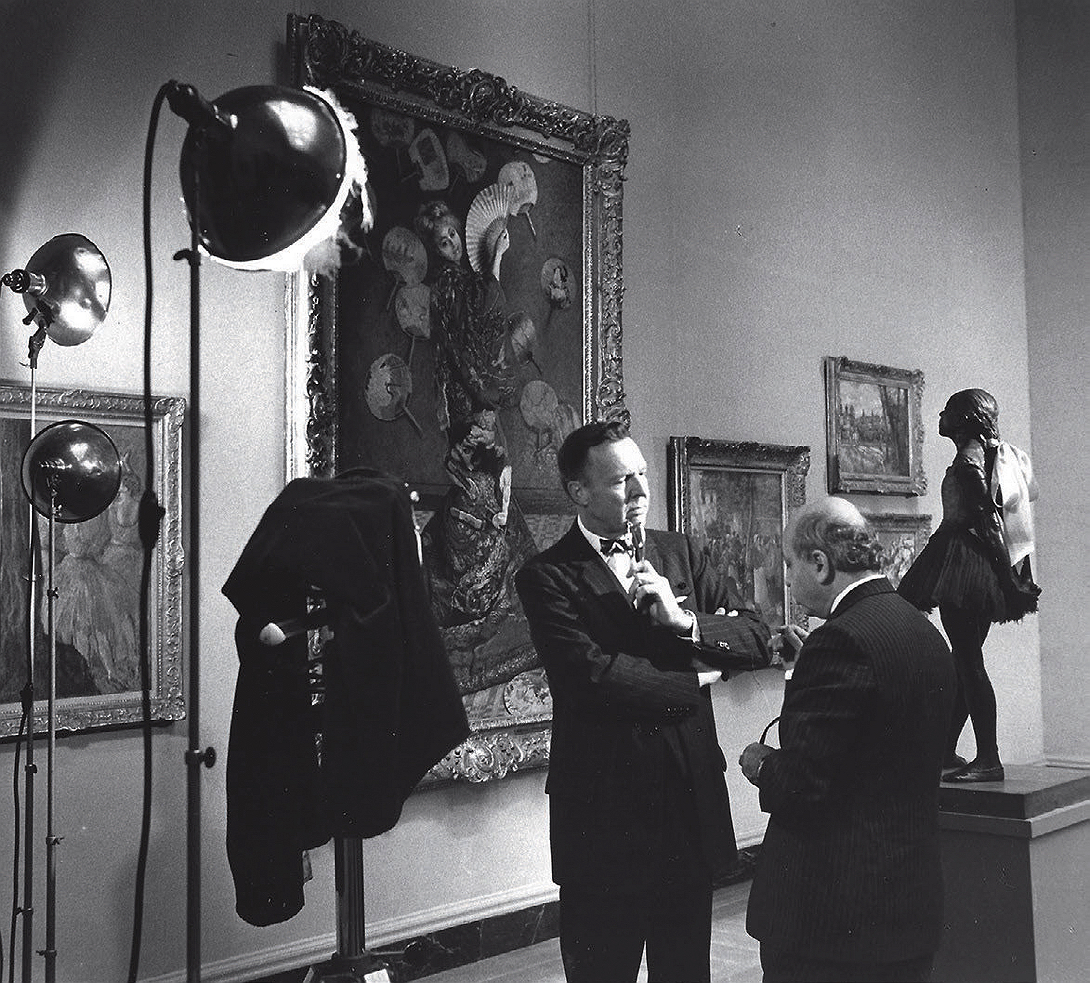People, Power, Change: Organizing for Democratic Renewal, by Marshall Ganz, Hauser senior lecturer in leadership, organizing, and civil society (Oxford, $29.00). Drawing on his experiences organizing farmworkers with Cesar Chavez, and unions, community, and electoral campaigns, the Kennedy School/Graduate School of Education expert on the nuts and bolts of mobilizing people lays out what he knows about the basics: relationships, storytelling, strategizing, action, structure, and leadership development.
The Art of Architectural Grafting, by Jeanne Gang, M.Arch. ’93 (Park Books, CHF 35). Gang’s local presence is felt at the Graduate School of Design, where she is professor in practice of architecture, and across the river, where her plan for Harvard’s commercial enterprise research campus is taking shape (see “Crimson Construction,” this issue). In this curious book, informed by environmental concerns to extend (rather than raze) existing buildings and reuse urban sites, she makes an extended metaphor of the horticulture practice of grafting—to the extent of taking GSD students to Wellesley’s botanical garden to practice on saplings. New Yorkers will know how Studio Gang practices these principles from the insertion of the Gilder Center into the American Museum of Natural History complex.
No Democracy Lasts Forever, by Erwin Chemerinsky, J.D. ’78 (Liveright, $29.99). Americans’ confidence in their “increasingly dysfunctional” federal government is “justifiably” low, observes this constitutional scholar and dean of the University of California, Berkeley, School of Law. His sobering conclusion is that “The U.S. Constitution, which created a government that succeeded so well for so long, now itself threatens American democracy.” He points to structural flaws (the Electoral College, equal state representation in the Senate) and “poor choices” (partisan gerrymandering, nearly unlimited filibusters), which cumulatively undercut the possibility of a United States (as the subtitle puts it). A serious message for an electorate that seems increasingly distracted and incapable of longer-term thought. (Read more about Chemerinsky’s legal views in “Academic Freedom and Free Speech,” this issue.)
Financing the Entrepreneurial Venture: A Casebook, by Paul A. Gompers, Holman professor of business administration (Anthem Press, $120). Ready to start a business, but don’t want to invest in a Harvard M.B.A. (2024-2025 estimated cost of attendance for a married student $143,636, times two years)? In an entrepreneurial move, Gompers has pulled together the cases from his entrepreneurial finance course in a tidy 851 pages. They present the essentials from both perspectives: what it takes to make a business, and how those who will supply the funds assess and value it. Remembering both is worth the price—and brings to mind the advice from HBS’s legendary Bill Sahlman to wanna-be founders: venture capitalists put less stock in your glossy Powerpoint than in their assessment of how you will react when your brilliant business plan goes awry (“Who Wants to Be an Entrepreneur?” March-April 2001, page 34).
Offshore: Stealth Wealth and the New Colonialism, by Brooke Harrington, Ph.D. ’99 W.W. Norton, $22). A Dartmouth professor of economic sociology (who knew?) embedded in the global wealth management industry and emerges to shine light on a “system that sells secrecy to the very rich.” The system confers the obvious benefit of shielding that wealth from taxes, but there are “many by-products” because secrecy “confers impunity: freedom from accountability, both to social norms and to the law.” Among them: sheltering assets from divorce settlements and (useful for corporate entities, too), avoidance of pesky lawsuits and environmental regulations.
Gray Matters: A Biography of Brain Surgery, by Theodore H. Schwartz ’87, M.D. ’93 (Dutton, $32). A Weill Cornell professor and practitioner of neurological surgery writes well about his delicate art, beginning with a frightened patient whose meningioma is lodged just behind the left eye. That perhaps speaks well of his initial, humanistic preparation as an undergraduate who concentrated in philosophy and literature. He may be forgiven for pushing back at the hoary trope, “It isn’t brain surgery.”
Preserving Planet Earth: Changing Human Culture with Lessons from the Past, by Jane Roland Martin ’51. Ed.M. ’56, Ph.D. ’61, RF ’81 (Routledge, $49.99 paper). Drawing on a lifetime of scholarship, the professor of philosophy emerita at the University of Massachusetts Boston sets out to conceive how to adapt learned “humancentrism” to ways of being more aligned with, you know, retaining a habitable planet. In a pedagogically creative move, she reimagines the principals and moments of vast cultural change—Martin Luther, Mahatma Gandhi, Rosa Parks, and so on—as scenes from a play. The focus is on sustainability but might apply to other existential challenges.
In the Company of Art: A Museum Director’s Private Journals, by Perry T. Rathbone ’33, selected by Belinda Rathbone (Godine, $28.95). Perry Rathbone, trained in Paul Sachs’s foundational graduate program in museum management, went on to lead the St. Louis Art Museum and Boston’s Museum of Fine Arts, bringing modern works into both collections, and introducing modern practices, not always uncontroversially. His daughter has combed his journals, especially from the 1960s, to reveal how this “passionate preservationist” coped with change. One is reminded that museum directors are among the great practitioners of the chase—for example, hanging a Modigliani show, and commenting on the price escalation ($8,000, $12,000, $185,000) before noting, “But it is a masterwork.”

Yousuf Karsh, 1964 | PHOTOGRAPH BY IVAN DIMITRI
Reading Herzl in Beirut: The PLO Effort to Know the Enemy, by Jonathan M. Gribetz ’02 (Princeton, $29.95 paper). In prior research, the author—associate professor of Near Eastern studies and the Program in Judaic Studies at Princeton—found that “early, forgotten assessments of the Other reveal that the conceptions and dynamics of the Zionist-Arab conflict have been neither timeless nor immutable,” and indeed the identifications of those communities as “Israelis” and “Palestinians” are post-Ottoman ones. In his new book, he examines the Palestine Liberation Organization Research Center in Beirut, to understand how the PLO’s leaders came to understand Judaism and Zionism from the mid 1960s to 1983—making it, oddly, “a pioneer in the field of Israel studies.”
The Prison before the Panopticon: Incarceration in Ancient and Modern Political Philosophy, by Jacob Abolafia, Ph.D. ’19 (Harvard, $39.95). The prison, it turns out, came into being in Europe and the United States during the Enlightenment. But the author traces the idea through Western thought and philosophy, from Demosthenes and Plato through Hobbes and Bentham. At a time of complete confusion over the purposes and effectiveness of imprisonment, it might be useful to get back to first principles. For the larger cohort of people involved in practical matters, Dismantling Mass Incarceration: A Handbook for Change, edited by Premal Dharia (director of the Institute to End Mass Incarceration), James Forman Jr., and Maria Hawilo (Farrar, Straus and Giroux, $20 paper), covers the waterfront. The editors, all former public defenders and now based, respectively, at Harvard, Yale, and Loyola University law schools, gather work by legal scholars, journalists, judges, those incarcerated, and others to offer perspectives on the police, prosecutors, public defenders, judges, and the prisons themselves.








